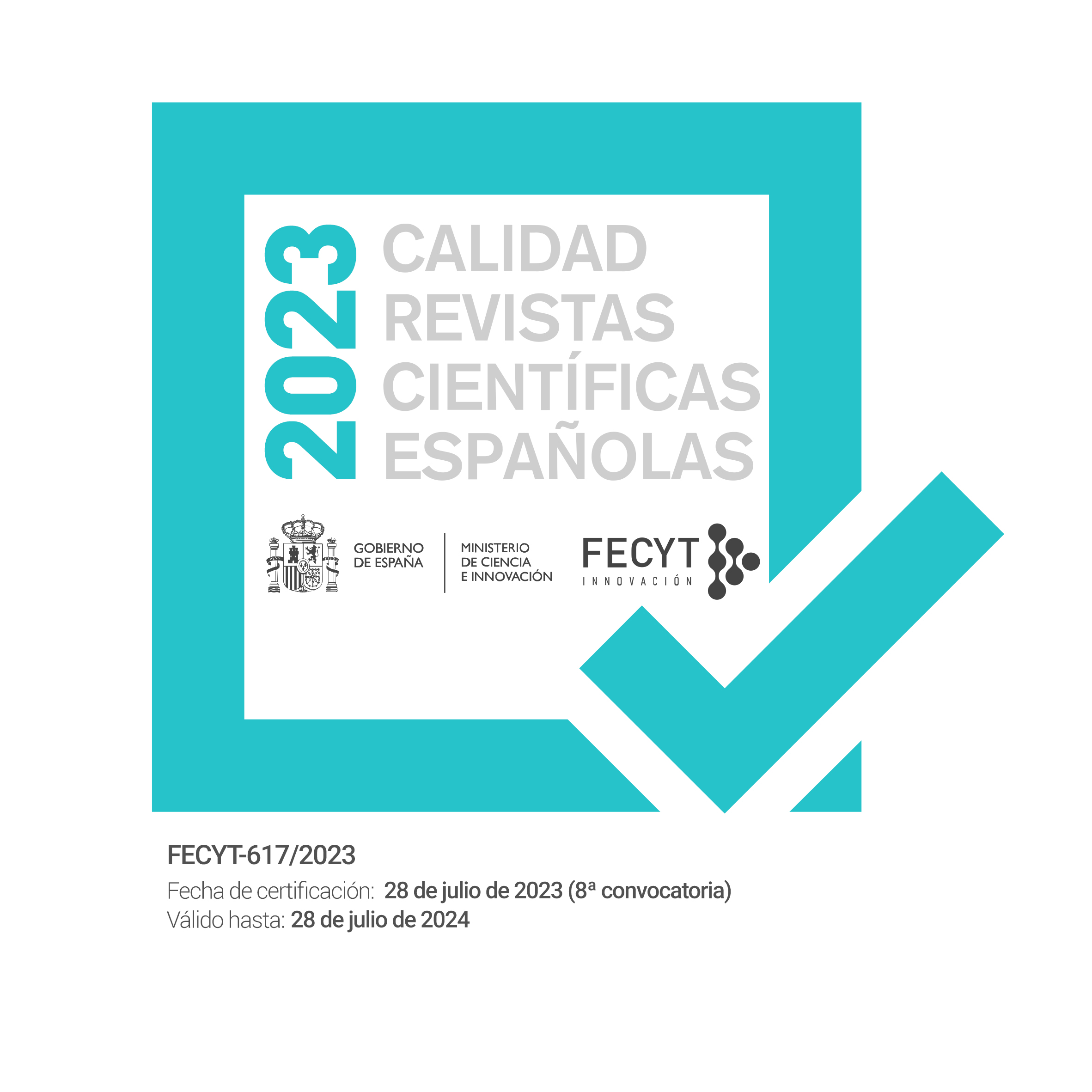Contesting the reform of school governance in England: Contrasting modes of governance and accountability
Schlagworte:
accountability, England, governance, dialogue, sanctionAbstract
Public services can develop two contrasting practices of accountability: the conventional model emphasises that to be accountable is to be ‘held to account’, to be expected to answer questions about performance and that the answers are then evaluated by superiors measured against some standard or expectation following which praise or blame is meted out and sanctions applied. This mode of accountability is expresses hierarchy of authority. A very different process encourages dialogues of accountability between practitioners and publics, who ‘give an account’ offering a story that interprets and explains what has happened and why it has taken place. This paper observes these contrasting practices in the development of school governance in England and argues for the importance of dialogue to enhance learning and democratic responsiveness.














